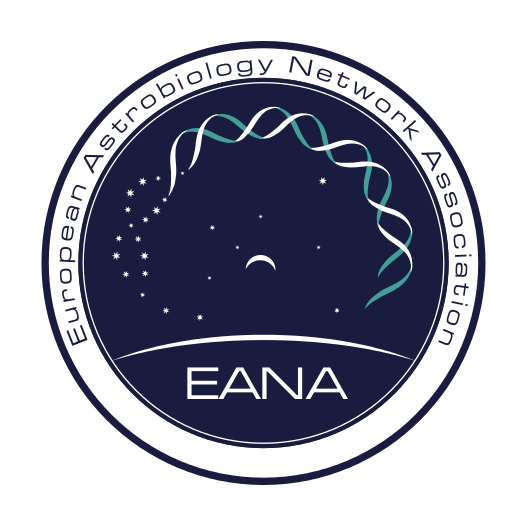Upcoming Astrobiology Conferences
To add a conference, workshop or training school, please log-in as EANA member and submit information there, or send an e-mail to eana-web (at) eana-net.eu.
- 7th NoRCEL Conference: Reactive Oxygen Species
2024-10-30 to 2024-11-01, University of Kent, Canterbury, UK
In 2024, NoRCEL’s spotlight will be focussing on reactive oxygen species (ROS) and other relevant, related topics. In recent years, research on ROS across several disciplines has advanced rapidly. The outcome being significant new results on their generation, interactions and decay on rocky and icy planetary (and other astronomical) bodies, as well as with pre-biotic chemistry and the emergence of life – in addition to their relationships with biology including (contentiously) primitive anaerobic life. It is timely to now draw these advances together, for the first time in a big-picture, cross-disciplinary themed ‘summit’, with the aim of synthesizing current knowledge and surveying related open questions. We can also look at the planning of future interdisciplinary researches on the complicated roles played by these energetic – and enigmatic – species in our dynamic Solar System.
Students and junior Post Docs may apply for a travel bursary of up to £400. In addition, they will only have to pay the discounted registration fee of £100 for in person attendance at the event. Once registered, they will receive an application form. - Planetary Protection Metagenomics in Spaceflight
2024-11-19 to 2024-11-22, NASA Ames in Mountain View, California
The purpose of the meeting is to develop an implementation roadmap for technological and procedural integration of metagenomic sequencing into planetary protection.
The Planetary Protection Metagenomics in Spaceflight workshop is in response to the 2022 Multi-Mission Metagenomics Technology Development Workshop Report, as current culture-based approaches are biased and insufficient for future exploration targets and missions.
A multinational (ESA, JAXA, COSPAR, NASA) team of space life scientists are seeking to build an actionable plan to close the gaps between the current state of the art and implementation. The workshop includes a broad range of stakeholders across many mission areas such as planetary protection, space biology, astrobiology, crew monitoring and health.
Presentations may include topics on:
- Low Biomass
- Safety Critical Decision Making
- Human Health and Built Environment
- Technology Needs
- Bioinformatics and Databases
- Summary Roadmap to Implementation - Life And Space 2024
2024-12-05 to 2024-12-08, Online
This 4th edition of the Life And Space Conference, organized by the Polish Astrobiology Society, will bring together experts and researchers from various fields of astrobiology to discuss cutting-edge developments and discoveries. This conference provides an excellent platform for scientists, students, and enthusiasts to share knowledge, network, and explore new horizons in the search for life beyond Earth.
Registration Deadline: 2024-11-05

